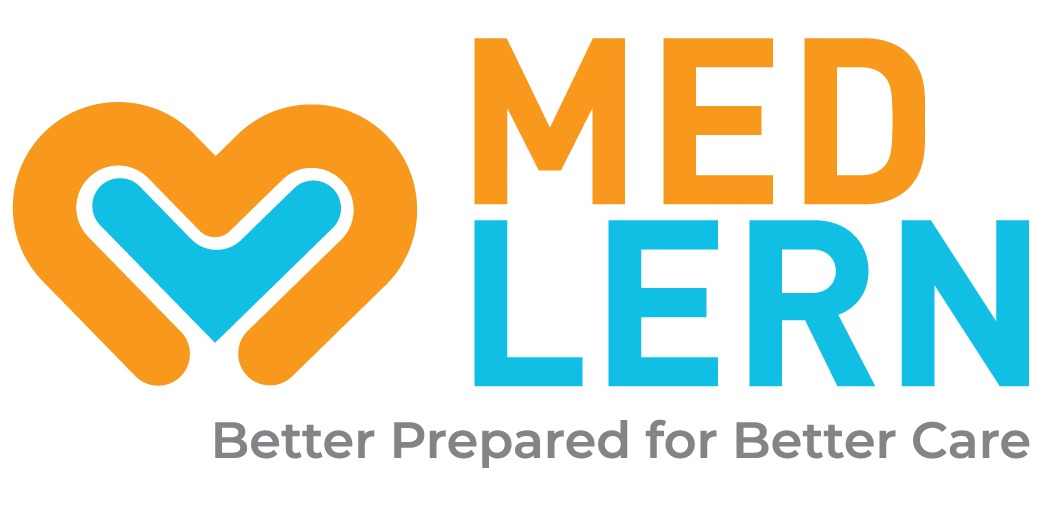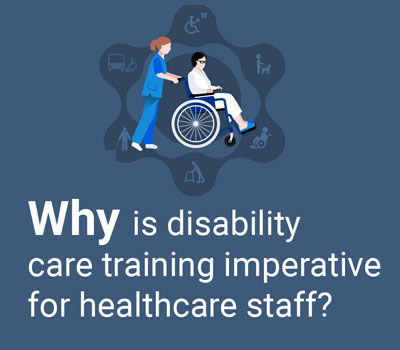
The International Council for Nurses (ICN) declared the theme for this year’s International Nurse Day Celebrations – ‘A Voice to Lead – Nursing the World to Health’, and never before has this theme seemed more relevant. In our current pandemic situation, nurses across the COVID-19 ridden globe are the leading voices engaged in efforts to nurse the world back to health. They risk their own lives every day to save the lives of others affected with the virus; feeding them, monitoring their vitals, encouraging their progress, comforting them and their families emotionally, all this with a bright smile on their face.
This International Nurses Day is particularly special as WHO has designated this year as The Year of the Nurse and Midwife to commemorate the 200th birth anniversary of Florence Nightingale in whose honour May 12th was originally chosen as the date for the annual celebrations. This pandemic has shown us that the true heroes of the world are in fact nurses and these heroes, in a study conducted by IQVIA in association with iPC Health, have revealed a keen interest to hone their skillset in order to serve patients better and progress in their careers.
The Indian Hospital Industry is growing at a rapid pace and Healthcare has become one of India’s largest sectors in terms of employment and revenue. India is expected to rank amongst the top three healthcare markets globally in terms of incremental growth by 2020. In fact, as per the study, the Government of India aims to increase healthcare spending to 3% of the GDP by 2020. With this being the scenario in the healthcare sector, it becomes the need of the hour to have well qualified and highly trained nurses to cater to the high patient influx and demand for quality care. As is the case in every career, nurses also need to hone their skills and complete trainings to grow in their chosen career paths. While a majority of the nurses surveyed in the study have shown an inclination towards training, most nurses reported the following as main hurdles in their pursuits to hone skills.
- OVERLOADED WORK SCHEDULES LEADING TO MISSING TRAINING CLASSES
Nurses have their hands full with catering to the hospital protocols and patient needs thus making attending trainings difficult. Going on Loss of Pay to attend and complete training is inconvenient for both, the hospital as well as the nurse. Yet, there is also the need to meet the NABH standards thereby putting hospitals and nurses in a tough spot.
- INEFFICIENT TRAINERS LEADING THE SESSIONS
Inefficiency displayed on the part of trainers discourage nurses from attending and completing the necessary trainings. Nurses would instead prefer to learn on the job than from such trainers who may not have well-structured training programs.
- DIFFICULTY IN GETTING QUALITY TRAINING RESOURCES
Revealed to be the most difficult problem is the issue of getting their hands on good and reliable training resources. Training and Development Departments in hospitals report that it is a struggle to find quality content as most courseware is taken from unreliable websites, which also leads to the problem of lack of standardization.
While the obstacles for nurse training may be plenty, so are solutions to their problems. As is the case for every hurdle, this hurdle too has a solution. The study reveals that adopting an online system of training and education for nurses solves many of their problems.
- CONVENIENCE
Online platforms allow nurses to study at their own pace and convenience. This gives them a flexibility that instructor-led trainings seldom offer. They can complete their hospital duties and take their trainings online in their free time without having to worry about going on Loss of Pay.
- PROGRESS AND PROCESS TRACKING
Online tools and platforms allow for systematic and standardized tracking of employee learning, gathers data for creating reports for management as well as audits and more importantly allows hospitals to keep track of their progress. Hospital administrators and HR Leads can effectively monitor training programs and staff attendance.
- COST-EFFECTIVE SOLUTION
These platforms and tools are cost-effective for hospitals as well as nurses as they don’t have to rely on expensive instructor-led trainings or seminars. Hospitals can impart specific trainings in a shorter time and nurses can quickly comprehend them and effectively transfer it into their jobs.
- RELIABLE
TRAINING CONTENT
Since training materials and modules will be developed by technical experts in those specific fields, the courseware will be recognised by regulatory authorities and that effectively solves the problems of standardisation.
Easy access to quality training can aid nurses in furthering their career interests and will adeptly enable them to climb through the hospital ranks. Additionally, it will allow nurses to quickly transfer training into practice thereby permitting them to efficiently deliver quality healthcare to patients. This in turn helps the agenda of International Nurses Day which aims to acknowledge and mark the contributions nurses make to the society and thereby raise their profile.
Note: Data furnished in this article has been referenced from the 2020 annual report of ‘The State of Skills in the Indian Healthcare Industry’ – a study conducted by IQVIA in association with iPC Health.



